Can a Mental Health Nurse Practitioner Prescribe Medication?
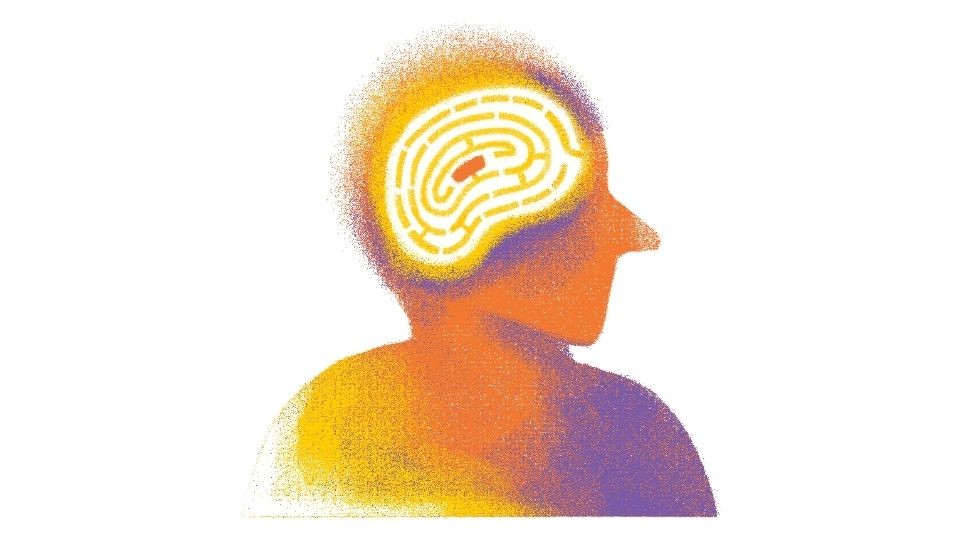
Yes, mental health nurse practitioners can prescribe your meds – but it’s not that simple!
The rules for these specialized healthcare providers (also called psychiatric nurse practitioners or PMHNPs) vary wildly depending on which state you live in.
While they’ve got the advanced training to manage your mental health medications, their freedom to write those prescriptions ranges from “totally independent” to “needs a doctor looking over their shoulder.”
Can Mental Health Nurse Practitioners Prescribe Medication?
Let’s break down what these professionals actually do, where they can prescribe independently, and what kinds of psychiatric medications they can manage.
Who Are These Mental Health Pros Anyway?
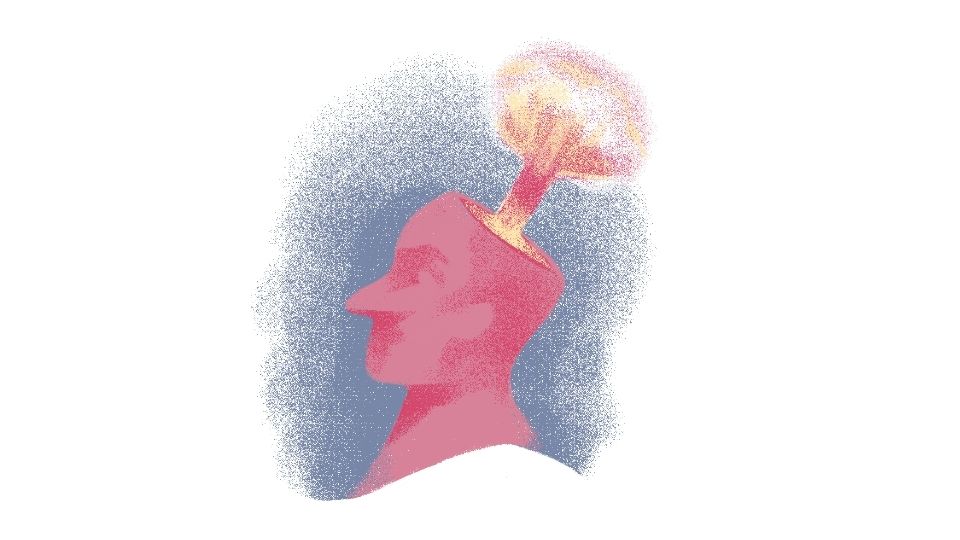
Mental health nurse practitioners are advanced practice nurses with specialized education in psychiatric care. They’re not just regular nurses – they’ve gone through rigorous graduate-level training focused specifically on mental health.
These healthcare warriors can:
- Assess your mental health condition
- Diagnose disorders like depression, anxiety, bipolar disorder
- Create treatment plans
- Provide therapy
- Prescribe and manage medications (the big one we’re discussing today)
Their role often overlaps with psychiatrists, especially when it comes to medication management. And in many places, particularly rural areas with psychiatrist shortages, they’re the primary medication providers for mental health patients.
The Prescription Power Breakdown
Here’s the deal: In all 50 states and DC, mental health nurse practitioners have some level of prescriptive authority – but the requirements vary dramatically based on where you live.
Full Practice Authority States
These states are like “You’ve got the training, go do your thing!” States like Arizona, Washington, and Colorado allow PMHNPs to:
- Evaluate patients
- Diagnose conditions
- Prescribe medications independently
- Order and interpret tests
- Manage treatments without physician oversight
Reduced Practice Authority States
These states say “You can prescribe, but we want a doctor involved somehow.” Places like California and New York require:
- A collaborative agreement with a physician
- Some form of supervision or consultation
- Periodic review of their prescribing practices
Restricted Practice States
These states are the strictest, saying “A doctor needs to directly supervise you.” In states like Texas and Florida:
- Direct supervision by a psychiatrist is required
- Prescriptions may need physician approval
- Limitations on controlled substances are stricter
What Meds Can They Actually Prescribe?
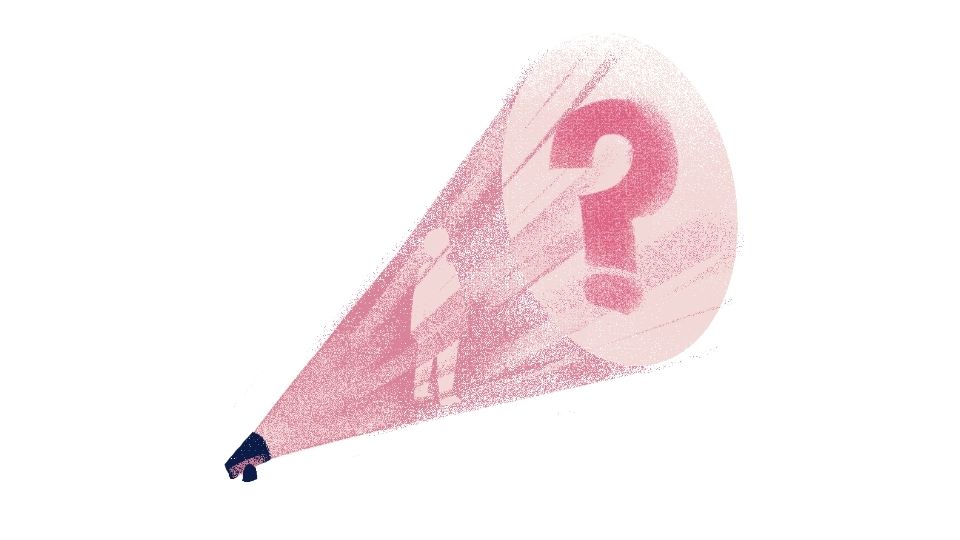
Mental health nurse practitioners can prescribe most of the medications you’d expect for treating mental health conditions:
- Antidepressants: Your Prozac, Zoloft, Lexapro
- Antipsychotics: Medications for conditions like schizophrenia
- Mood stabilizers: For bipolar disorder and related conditions
- Anti-anxiety medications: Including some benzodiazepines
- ADHD medications: Including stimulants (with state restrictions)
The big variable is around controlled substances – medications with potential for abuse or dependence. Some states allow PMHNPs to prescribe Schedule II-V drugs (like stimulants for ADHD or benzodiazepines for anxiety), while others restrict these privileges or require additional oversight.
Fun fact: No healthcare provider anywhere can prescribe Schedule I substances like heroin or LSD – these drugs are considered to have no accepted medical use.
Their Medication Management Role Goes Beyond Just Prescribing
A good mental health nurse practitioner isn’t just writing prescriptions and sending you on your way. Their medication management includes:
- Thorough assessment: Taking your history, evaluating symptoms, considering all factors
- Personalized treatment planning: Finding the right medication for YOUR unique situation
- Regular monitoring: Checking in on side effects, effectiveness, and making adjustments
- Education: Teaching you about your meds, how they work, what to expect
- Coordination: Working with your therapist, primary care doctor, and other providers
Requirements To Get That Prescription Pad
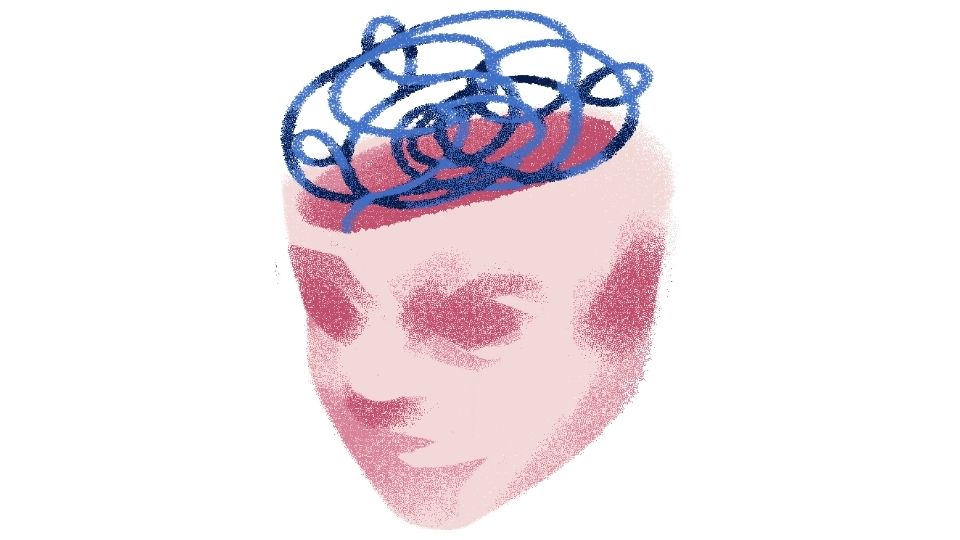
Before they can prescribe anything, mental health nurse practitioners must:
- Complete a master’s or doctoral degree in nursing
- Obtain specialized certification in psychiatric-mental health nursing
- Pass national board exams
- Complete advanced pharmacology coursework
- Register with the DEA to prescribe controlled substances
- Maintain state licensure and meet continuing education requirements
In some states, they need additional training specific to prescribing opioids or other controlled medications.
The State-by-State Roller Coaster
Let me give you some examples of how wildly different this can be:
Arizona: PMHNPs have full independence, can prescribe anything including controlled substances after completing special opioid education.
California: Requires collaborative agreements with physicians, though recent laws have expanded NP authority.
Florida: One of the most restrictive states – PMHNPs must have direct supervision and protocols with physicians.
New York: Collaborative relationships required, but PMHNPs can prescribe all medications with proper registration.
The Big Picture Benefits (And Ongoing Challenges)
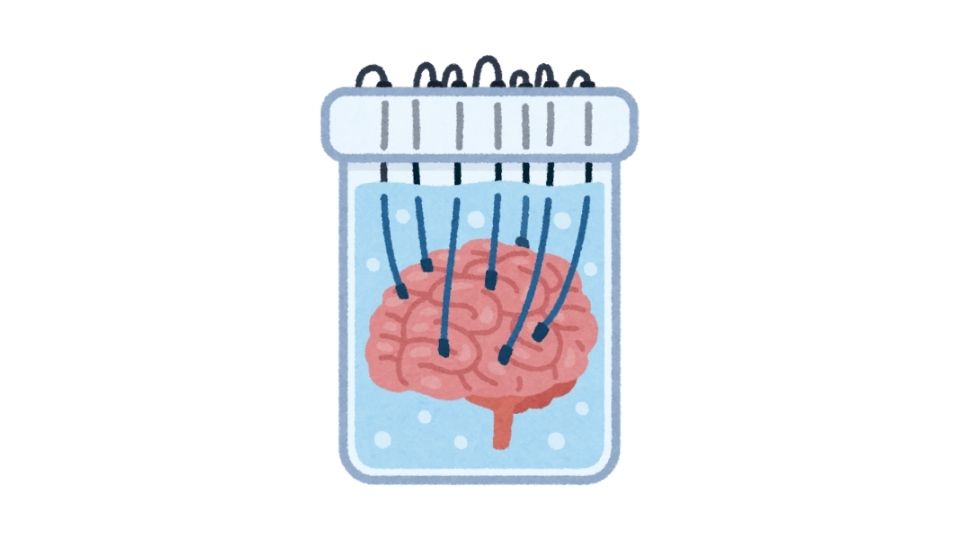
Mental health nurse practitioners are crucial in addressing our mental health provider shortage. Their ability to prescribe medications helps millions of Americans access care they might otherwise never receive.
Some challenges remain:
- The patchwork of state regulations creates confusion
- Collaborative agreements can limit accessibility in some areas
- Some insurance plans reimburse NPs at lower rates than psychiatrists
Advocacy groups continue pushing for full practice authority nationwide, arguing that research shows NPs provide safe, effective care when practicing to the full extent of their training.
Bottom Line
Yes, mental health nurse practitioners can prescribe psychiatric medications – and they do it well. Their exact prescribing powers depend on your state’s laws, but they’re qualified healthcare providers with specialized training in psychiatric care.
If you’re struggling with mental health issues and having trouble getting in with a psychiatrist (wait times can be months!), a PMHNP might be exactly the professional you need. Just check your state’s specific rules if you have questions about what medications they can manage.
The mental health care system isn’t perfect, but these specialized nurse practitioners are helping bridge a critical gap in care.

